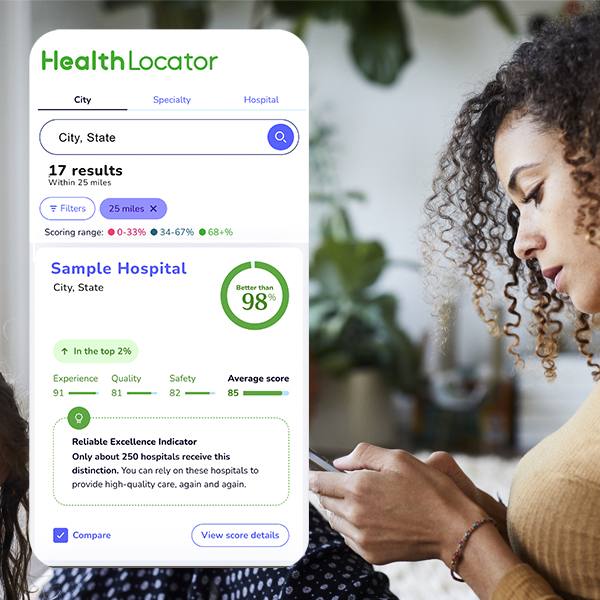There's no question that fruits and vegetables are an important part of a heart-healthy diet. Dr. Stephen Kopecky, a Mayo Clinic cardiologist, says fresh produce is always a great choice, but frozen fruits and vegetables are often just as healthy. But he also says not all frozen produce is the same when it comes to nutritional value.
Journalists: Broadcast-quality video (0:59) is in the downloads at the end of this post. Please "Courtesy: Mayo Clinic News Network." Read the script.
Fruits and vegetables are part of a heart-healthy diet. But did you know that produce that's flash-frozen may be healthier than the fruits and veggies sitting in your fridge?
Dr. Kopecky says studies have shown that if you flash-freeze certain fruits or certain vegetables they retains nutrients better. The flash-freezing stops produce from degrading.
"We know once it's picked a few weeks ago, it starts to decay and loses a lot of its nutrients. So studies have shown if you can flash-freeze something, it will retain its nutrients better because it retains its cellular integrity so the cells don't get deformed," says Dr. Kopecky.
Flash-freezing means produce is picked, blanched and quickly frozen to avoid ice crystals from forming. Not all produce in the freezer section is flash-frozen.
"There's no USDA (Department of Agriculture) requirement now to say this is flash-frozen ... or even to define it," says Dr. Kopecky.
The U.S. Food and Drug Administration (FDA) is regulatory agency that oversees produce.
There is no requirement for frozen food companies to label how their produce is frozen. The only requirement from the FDA is that if a company chooses to include information about how the produce is frozen on the label, it must be truthful.
For more information about frozen produce, go to the American Frozen Foods Institute website at www.affi.org.
Related Articles







